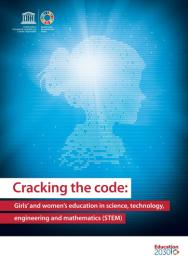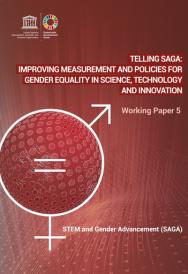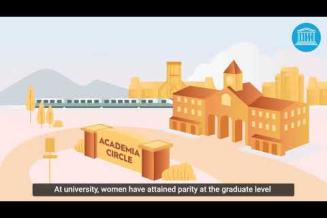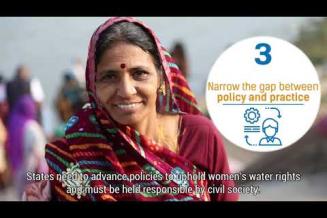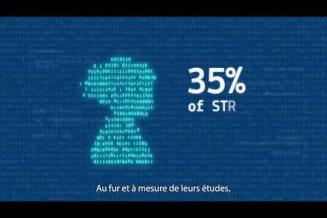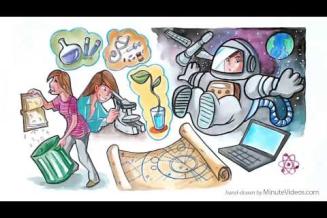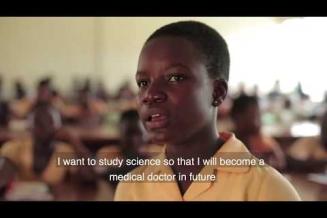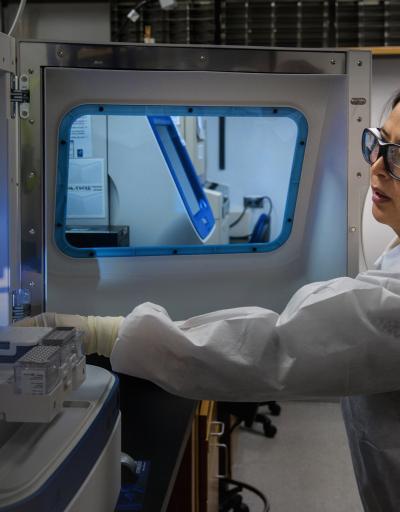
Международный день женщин и девочек в науке
22 декабря 2015 года Генеральная Ассамблея приняла Резолюцию A/RES/70/212, постановившую провозгласить 11 февраля Международным днем женщин и девочек в науке.
Празднование Международного дня женщин и девочек в науке осуществляется ЮНЕСКО и структурой ООН-Женщиныв сотрудничестве с учреждениями и партнерами, целью которых является поощрение участия женщин и девочек в науке. Этот День представляет собой возможность содействовать полному и равному доступу женщин и девочек к науке и участию в ней. Гендерное равенство является глобальным приоритетом для ЮНЕСКО, и поддержка молодых девушек, их образование и их полная способность добиться того, чтобы их идеи были услышаны, являются рычагами развития и мира.

Tackling some of the greatest challenges of the Agenda for Sustainable Development - from improving health to combating climate change - will rely on harnessing all talent. That means getting more women working in these fields. Diversity in research expands the pool of talented researchers, bringing in fresh perspectives, talent and creativity. This Day is a reminder that women and girls play a critical role in science and technology communities and that their participation should be strengthened.
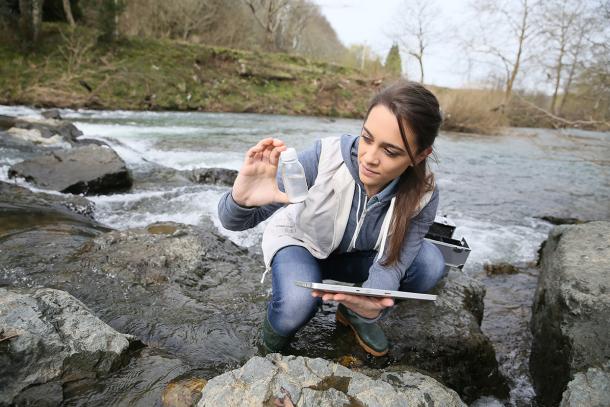
Facts & Figures
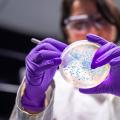
and only 35% of all students in STEM related fields of study are women

with data available on the national share of women researchers had reached parity in 2016
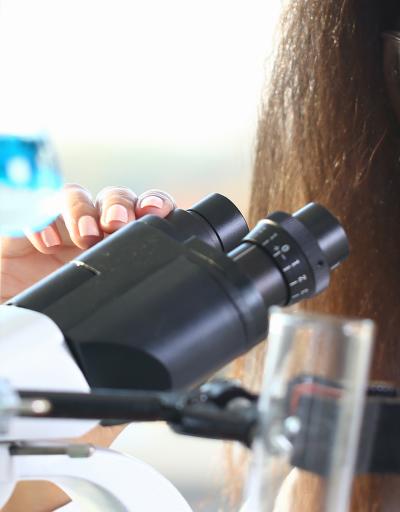
«Мы должны добиваться реального воплощения в жизнь принципа равенства, с тем чтобы наука работала в интересах женщин, потому что слишком уж часто она работает против них, например, когда в алгоритмических системах искусственного интеллекта закрепляются предубеждения их разработчиков».
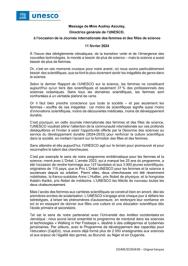
ДЕЯТЕЛЬНОСТЬ ЮНЕСКО НА БЛАГО ЖЕНЩИН И ДЕВОЧЕК В НАУКЕ
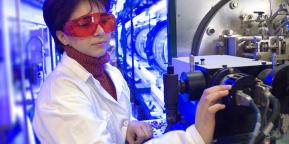
This programme seeks to recognise women researchers contributions in today's global challenges.

Too many girls and women are held back by biases and social norms influencing the quality of their education.
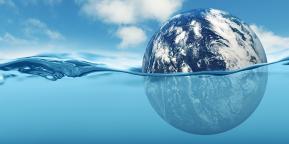
Gender inequalities in the water domain are deep and persist at all levels.

In support of academic freedom and gender-transformative approaches

To strengthen UNESCO’s work in support of gender equality in Science, Technology and Innovation (STI).

Несмотря на нехватку квалифицированных кадров в большинстве технических областей, обусловивших четвертую промышленную революцию, женщины по-прежнему составляют лишь 28% выпускников технических факультетов и 40% выпускников факультетов компьютерных наук и информатики, согласно готовящемуся к выпуску Докладу ЮНЕСКО по науке. Глава Доклада, посвященная гендерным вопросам в науке, озаглавленная «Чтобы быть «умной», цифровая революция должна быть инклюзивной», публикуется 11 февраля в ознаменование Международного дня женщин и девочек в науке.
«Чтобы быть «умной», цифровая революция должна быть инклюзивной», - это часть Доклада ЮНЕСКО по науке «Гонка со временем за более разумное развитие», который должен быть опубликован в апреле 2021 года. Доклад отслеживает тенденции и изменения в управлении наукой во всем мире каждые пять лет. Предстоящее издание будет посвящено двум целям в области устойчивого развития на период до 2030 года и четвертой промышленной революции.

Learn more
Publications
